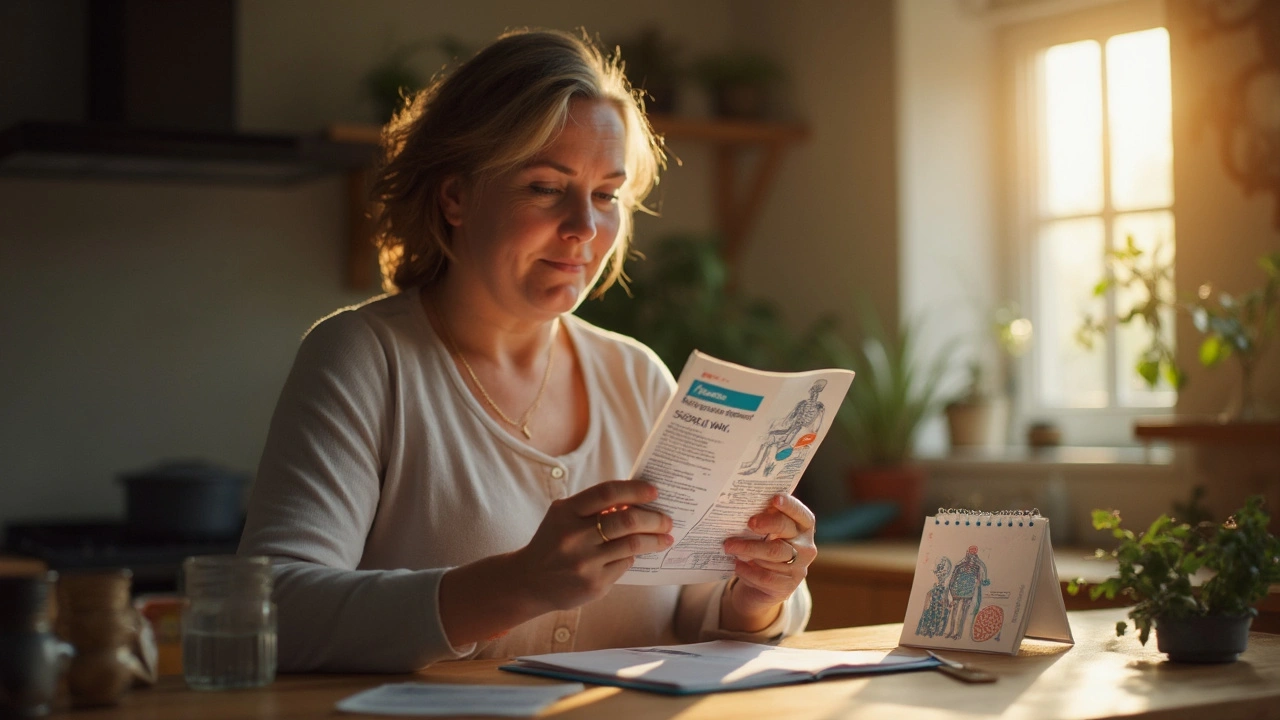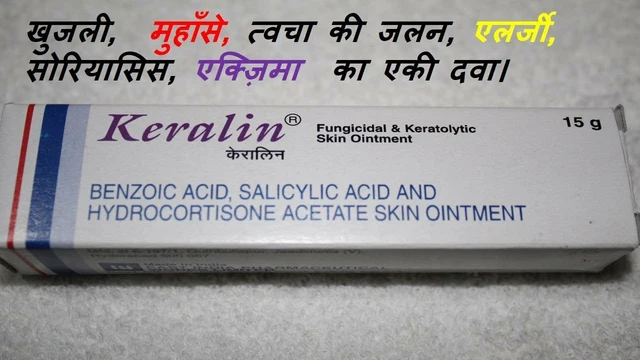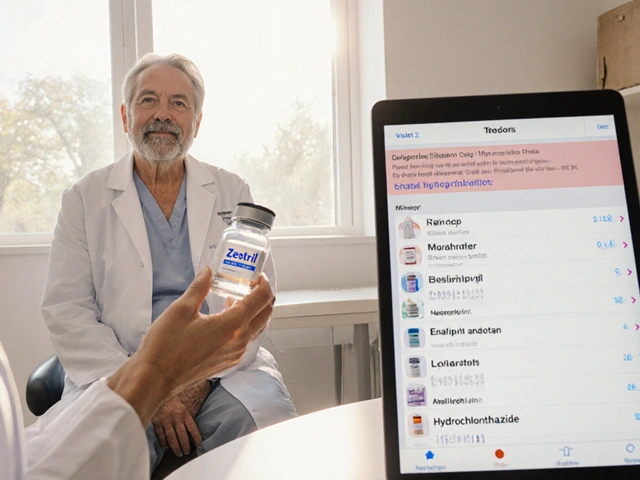Bone Health Guide – Simple Steps for Stronger Bones
If you worry about weak bones or want to stay active as you age, you’re in the right place. This guide breaks down what really helps bone health without confusing jargon.
Everyday habits that protect your bones
The first thing to look at is daily diet. Calcium is the building block of bone, so aim for about 1,000 mg a day if you’re under 50 and 1,200 mg after that. Dairy products like milk, yogurt, and cheese are easy sources, but fortified plant milks, tofu, and leafy greens work too.
Vitamin D is the partner that lets your body absorb calcium. Sunlight on your skin for 10‑15 minutes a few times a week usually covers most needs. If you live in a cloudy area or have limited outdoor time, a supplement of 800–1,000 IU daily can fill the gap.
Exercise matters just as much as food. Weight‑bearing activities such as walking, jogging, or dancing send signals to bone cells to stay strong. Add two sessions of resistance training each week – lifting light weights or using bands is enough to keep bone density up.
When supplements and meds become part of the plan
If diet and exercise aren’t enough, over‑the‑counter calcium and vitamin D pills are a safe next step. Look for products that combine both nutrients; they’re easier on your stomach and ensure you get the right ratio.
For people with diagnosed osteoporosis or very low bone density, doctors may prescribe medications like bisphosphonates (e.g., alendronate) or newer options such as denosumab. These drugs work by slowing down bone loss and sometimes building new bone. Always discuss side effects – some can cause stomach irritation or rare jaw issues – with your doctor.
Another medication worth mentioning is teriparatide, a daily injection that actually stimulates bone formation. It’s usually reserved for severe cases because it’s expensive and requires close monitoring.
Don’t forget lifestyle factors: smoking and excessive alcohol both hurt bone health. Cutting back to no more than one drink a day and quitting smoking can make a noticeable difference in bone density over time.
Lastly, keep an eye on your vitamin K intake – foods like broccoli, kale, and fermented soy help direct calcium to the right places in your body.
Putting these pieces together—balanced diet, regular weight‑bearing exercise, sensible supplement use, and medical advice when needed—creates a solid plan for stronger bones. Stay consistent, check with your healthcare provider regularly, and you’ll give your skeleton the best chance to stay healthy for years to come.
Fosamax: Essential Guide to Uses, Side Effects, and Safety for Bone Health
Fosamax is a prescription medication designed to strengthen bones and help prevent fractures, especially in people with osteoporosis. This guide explores how Fosamax works, who should consider it, the real-world experiences of users, and the potential side effects you need to know. Discover tips to make your treatment safer, get advice on how to handle challenges, and learn about ways to protect your bone health while using this drug. The article also breaks down the science behind Fosamax with practical facts and stories.






